
What Is Apple One? The All-in-One Subscription Plan Explained
Though Apple is known for hardware products like the iPhone, Apple Watch, and MacBook, its
2023-10-26 00:27

H&M sues fast fashion retailer Shein for copyright infringement
H&M has filed a lawsuit against infamous fast fashion retailer Shein for copyright infringement, according to court documents filed in Hong Kong. Hennes & Mauritz, the Swedish fashion brand more commonly known as H&M, has accused Zoetop Business Co – the Hong Kong-based entity that previously owned Shein – as well as Shein Group Ltd of copying its designs in the new lawsuit. H&M is seeking unspecified damages and an injunction to stop Shein from infringing on its copyright and trademarks. According to Bloomberg, the filing included photos of dozens of items – such as swimwear and sweaters – that H&M claimed was evidence Shein had stolen its designs. In a statement, an H&M spokesperson confirmed to Bloomberg it filed a lawsuit against Shein in Hong Kong, claiming the fast-fashion competitor “in multiple cases has infringed on our designs”. The next hearing is slated to take place July 31. More follows… Read More Fast fashion retailer Shein accused of racketeering and copyright infringement in lawsuit Chinese e-retailer Temu files lawsuit in US against rival Shein, alleging antitrust violations Italian designer launches scathing attack on Shein over ‘stolen ideas’: ‘Maybe I am the fool’
2023-07-26 00:52

Everything Leaving Netflix in June 2023
Every month, Netflix adds lots of new content to its library of films and TV
2023-05-26 01:57

Elmhurst® 1925 Announces Its Newest Seasonal Offering, Apple Pie Spice Seasonal Blend, Alongside Returning Fan Favorite LTOs
ELMA, N.Y.--(BUSINESS WIRE)--Aug 28, 2023--
2023-08-28 20:23

How to add custom emoji to Slack
Workplace banter on Slack truly levels up with emoji, particularly if they're little icons only
2023-07-10 18:45
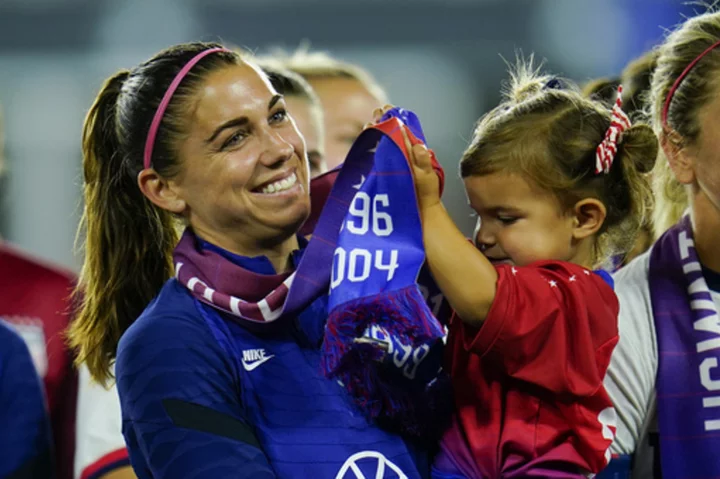
Many stars at Women's World Cup juggle parenthood while playing on the world stage
Forget about orange slices, players like Alex Morgan, Australia’s Katrina Gorry and Jamaica’s Cheyna Matthews are redefining what it means to be a “soccer mom.”
2023-08-03 15:28
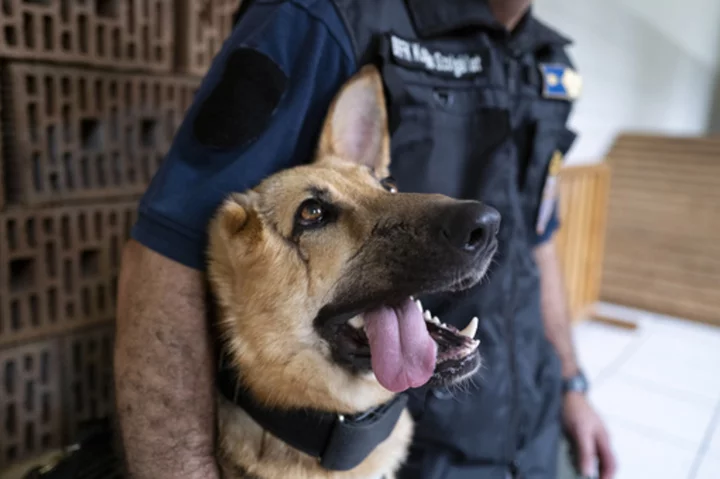
German shepherd injured in Ukraine gets new start with Hungarian police
A German shepherd that was injured during a rocket attack in northeastern Ukraine is now training with the police department in Hungary's capital
2023-06-11 14:46

NYT Connections today: See hints and answers for October 7
Connections is the latest New York Times word game that's captured the public's attention. The
2023-10-07 10:50
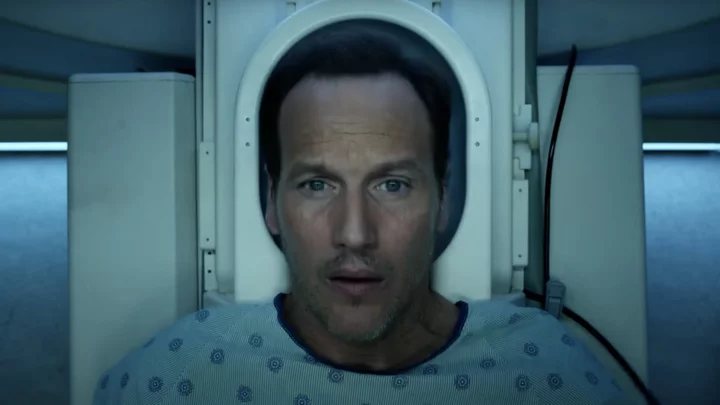
Terrifying 'Insidious: The Red Door' trailer will scare the crap out of you
MRI scans are unsettling enough without the trailer for Insidious: The Red Door. Blumhouse has
2023-06-06 21:54

12 ways to weave some woodland wonder into your home
From woodland walks to winter terraces, the shorter days and longer evenings make you want to come home to a warm winter glow, earthy tones and forest green furnishings. Along with cosy textiles and ambient candlelight, the starting point is often a themed tablescape before thoughts turn to an inviting sofa with statement scatter cushions to sink into. Here’s how to embrace the natural world with forest green homewares and rustic accents… 1. Burleigh Tableware: Green Asiatic Pheasants Collection, Green Asiatic Pheasants 17.5cm Plate, £22; Green Regal Peacock Collection, Green Regal Peacock Mini Tankard Jug, (160ml), £36; rest of items from a selection, Burleigh. A flight of fancy brings the outdoors in with green pheasants and peacocks teamed with natural linens, seasonal décor and crystal stemware as clear as a calm stream. 2. Woodland Creatures Oven Gloves, £30, Cherith Harrison. With hearty casseroles and comfort food at the top of winter warmer menus, a practical pair of oven gloves takes on a whole new light with woodland wildlife enriching mealtimes. 3. Green Acorn Lidded Mug, £15, National Trust. Sweater weather is all about cupping your hands round a warming mug of cocoa, with a cute lid to keep it piping hot. 4. Living County Fabric 4-Seater Split Sofa Scatter Back, Rodeo Tan/Win Chk Choc/Pan Bge/Sta Bge – Fabric, £1,199, SCS. When you want to luxe up your life – and living room – a new sofa can be a game-changer. Think warm tones to lift your space, complemented by stud detailing, hardwood feet and co-ordinating cushions to up the comfort level. 5. Rustic Metal Reindeer Tea Light Holders, £16 each, Marquis & Dawe. Taking inspiration from a Highland lodge, these tea light holders set the scene with two similar designs… one features a small village house nestled amongst the tall pines. 6. Foxgloves! Lampshade, £65, Mountain & Molehill. With the clocks going back and shorter days on the horizon, lighting can make the biggest impact… providing the perfect centrepiece for country-style décor. 7. Orla Kiely Larch Fabric Medium Sofa, £1,399 (was £1,729), rest of items from a selection, Barker And Stonehouse. Orla Kiely’s leaf-on-stem designs always hit the right note, and this sofa in a solid fir green solves the styling dilemma of how to mix-and-match your furniture… the chic, clean lines and satisfyingly soft cushioning make this an investment buy that goes with everything. 8. Pheasant Wool Cushion, £43, JJ Textile. An easy foundation piece for creating a cohesive country living look, this pheasant cushion loves an accent chair. 9. Woodland Walks Candle, £21, (180g), Woodland Walks Diffuser, £30, Sophie Allport. A sure-fire way to recreate the earthy scents of woods and moss is to scent surround with candles and diffusers to bring the outside in. 10. Matcha Bouquet, Medium Letterbox, £42, Cult Furniture. This mixed bouquet of eucalyptus and rich green foliage channels a biophilic theme, and will lift a forgotten corner or sideboard. 11. Check Printed Fleece Duvet Cover and Pillowcase Set, £16 – £27, Chevron Faux Fur Throw, £40, rest of items from a selection, Dunelm. Team a cosy fleece in café au lait colours with moss green and moody mauve, topped with a faux fur throw… and you’ll be ready to snuggle up and slumber. 12. Luxe Faux Fur Throw Olive, £65, Walton & Co. Another easy styling tool: take this luxe olive faux fur throw and drape it over an armchair to cosy up your world with nature’s favourite shade. Read More Hibernation mode: 5 small self-care adjustments to make before the clocks change 13 possible cancer symptoms you should get checked out Neglecting women’s health at work could cost UK economy £20.2bn a year – analysis Nearly three-quarters of mothers feel invisible, study suggests The best ways to work-out in 22 minutes – as study finds this is magic number for offsetting ‘negative impact of sitting’ What crops will we be growing in the future, as climate change alters the landscape?
2023-10-26 15:24

Kering Says Gucci CEO Marco Bizzarri to Leave Struggling Brand
Kering announced that Marco Bizzarri, the chief executive officer of its biggest brand Gucci, is leaving the struggling
2023-07-19 00:19

3 Google Pixel 8 rumors ahead of its October reveal
With all the Google Pixel 8 leaks, there isn't much about the new phone and
2023-09-18 17:45
You Might Like...

Christian Horner: Nobody can blame Lewis Hamilton for considering Red Bull move
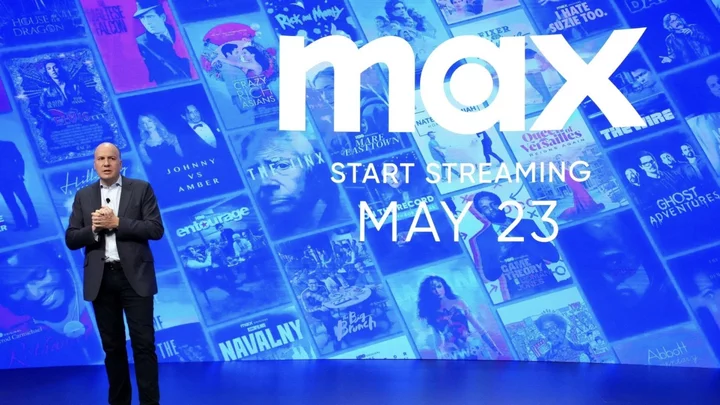
Max's 'creators' label erases writers' and directors' work during key labor negotiations

'Stranger Things' welcomes another 80s icon as Linda Hamilton joins Season 5

5 Coat and Jacket Trends You’ll Be Seeing This Fall

Glastonbury Festival 2023 — what to wear this year
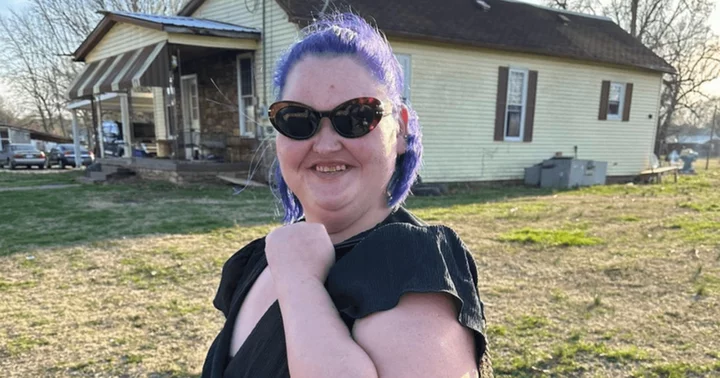
'Be a better role model': '1000-lb Sisters' star Amy Slaton receives flak for eating cookies amid diet
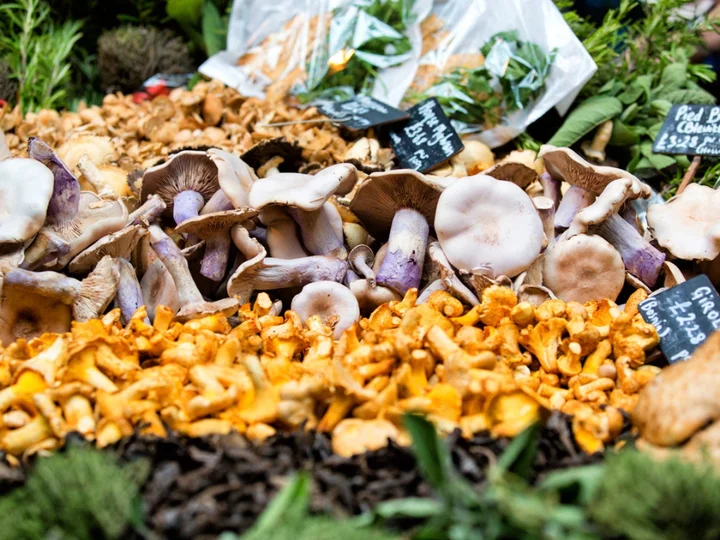
Farmers’ markets in autumn are a cornucopia of colour

This 'Succession' line gave a sneaky clue as to who would end up as CEO
